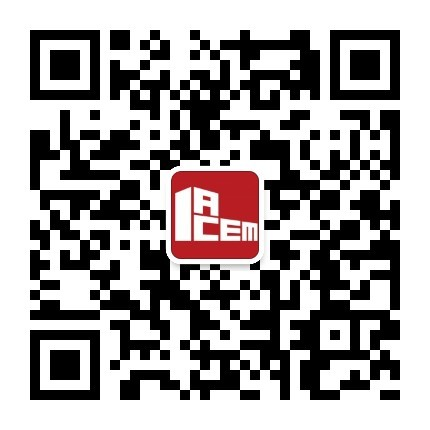
Introduction to Tmall Digital Supply Side Methodology
Conduct digital marketing under the wave of the combination of product and content in China.
 Applicants: 310
Applicants: 310
About this course
While "Consumption Internet" is extended to "Industrial Internet", enterprises require more diversified digital needs. This course first introduces Tmall´s DTC service infrastructure and the four typical DTC development modes for enterprises. Tmall has developed a complete enterprise DTC business health diagnosis system, among which the START system for content management and the SUPER system for product management are discussed in depth to demonstrate how Tmall helps business partners, from the supply side, evaluate the stock effectiveness of goods and content supply and guide the production of new products and new content respectively, with typical Chinese business cases and application scenarios analyzed.
Note: This course is for learning purpose only and does not represent views of Tmall. To protect intellectual property rights, course videos, documents, materials, etc. shall not be downloaded, transmitted, reproduced, and quoted in any form, and shall not be used for commercial purposes.
What you’ll learn
- Tmall´s twin drivers - consumer lifecycle value management (CLVM) and product lifecycle value management (PLVM)
- The START index system for content management and the SUPER index system for product management
- Capability map of product power and content power
- The application of supply-side index system and key scenarios under CLV and PLV management objectives respectively
- Case studies of Chinese enterprises in content power efficacy diagnosis, product presentation enhancement and supply chain optimization
About the instructor(s)

Xiyan Qin
Head of Tmall Product & Content Strategy of Taobao & Tmall Group Brand Business Development Center Business GrowthSyllabus
-
Session
1

Tmall's Twin Driver Business Model
This session introduces Tmall's twin drivers - consumer lifecycle value management (CLVM) and product lifecycle value management (PLVM), and the four characteristic DTC development modes for enterprises. Xiyan also introduces the goals of DTC brand building and the two main digital index systems – SUPER and START in content marketing.
-
Session
2

SUPER System for Product Management
The principle of supply side management - "starting from the end" is introduced and how to find the key measures and methods to achieve the optimal supply strategy is discussed. In particular, the SUPER index to measure the level of product power and its application scenario map is analyzed.
-
Session
3

START System for Content Management
This session introduces the START model, which is to measure the overall content marketing quantity, quality and effective of the brand. The START content power indexes and its flexible application are discussed to show how brands can better complete the two tasks of digital content marketing, i.e. daily operation and management of existing content assets, and content planning and production of new marketing activities.
-
Session
4

Application and Key Scenarios of Supply-Side System
This session analyzes the application and key scenarios of supply-side index system both under PLV and CLV management objectives. The clothing industry is taken as an example and cases of three leading Chinese brands - Ubras, ZHIZHI and Bosideng, are analyzed to demonstrate how the supply-side index system can effectively support brand management.
-
Session
5

Introduction to Tmall Digital Supply Side Methodology Quiz
Please respond to all questions. A passing grade of 70/100 is required, but you are allowed 5 attempts to pass the quiz. You have one year's time to complete your quiz since successful registration of the course/program.
REVIEWS





 1 Ratings
1 Ratings
-




 100%
100% -



 0%
0% -


 0%
0% -

 0%
0% -
 0%
0%
-
Mariam Khatiashvili-Gurgenidze watched
Dec 26, 2024 06:42:01




This course does a great job of explaining how digital supply-side strategies, like the START and SUPER index systems, can help businesses grow. The real-world brand examples were especially helpful in making the concepts easier to understand and more practical.




















